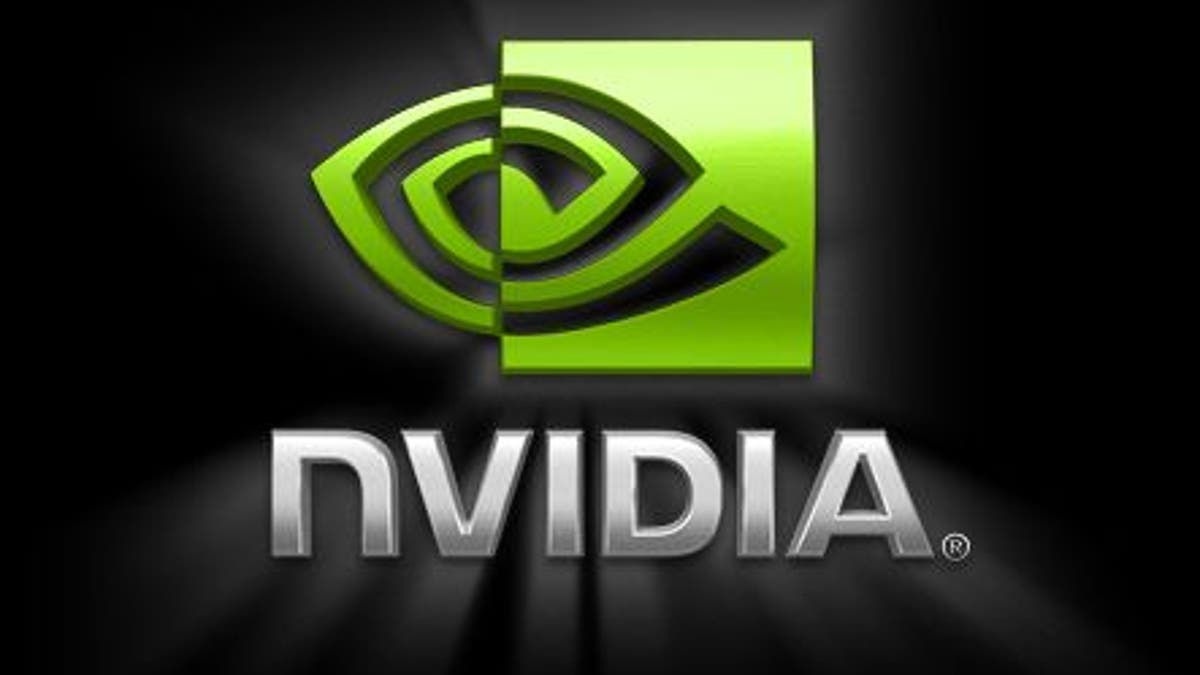
Need more proof that tablets are taking over? Just ask Jen-Hsun Huang, the CEO of Nvidia. In the past, Nvidia and its discrete graphics offerings feasted or starved based on the way the winds were blowing in the overall PC marketplace, but in an analyst earnings call yesterday Huang uttered words that might some may find surprising coming from a major PC component supplier:
"A great tablet is better than a cheap PC."
That's a troubling statement when you consider that the average selling price of a Windows laptop in the U.S. traditionally floats between $500 and $600, or about the cost of a typical 10-inch tablet. Digging a little deeper into Nvidia's third quarter numbers sheds some light on Huang's statement as well as the company's plans for the future, however.
Despite the stagnant, sluggish state of the overall PC market, Nvidia actually managed to beat analyst expectations for the period, selling $1.2 billion in total and earning $209.1 million in income, enabling the company to pay out a stock payer dividend for the first time ever. Discrete graphic card sales accounted for 70 percent of Nvidia's revenues, but what put the company over the top were sales of its quad-core Tegra 3 mobile processor -- the very CPU found in those "great tablets." Discrete graphics, on the other hand, are very rarely found in cheap laptops and desktops.
Tegra 3 processors can be found in a wide variety of Android phones and tablets as well as Windows RT-powered slates, and Nvidia is working hard at creating a next-gen chip that integrates 4G LTE capabilities into the central processor.
The Tegra 3's integrated graphics certainly open up better gaming possibilities than you can find in a cheap PC, but even budget PCs sport multitasking and other productivity-friendly features missing from most slates. Which do you prefer: a great tablet or a budget laptop?
via VentureBeat and Bloomberg
